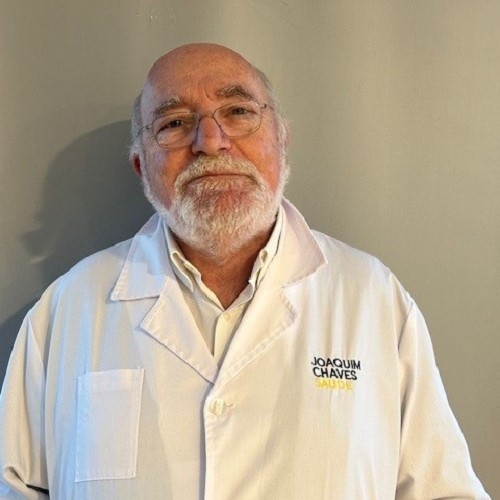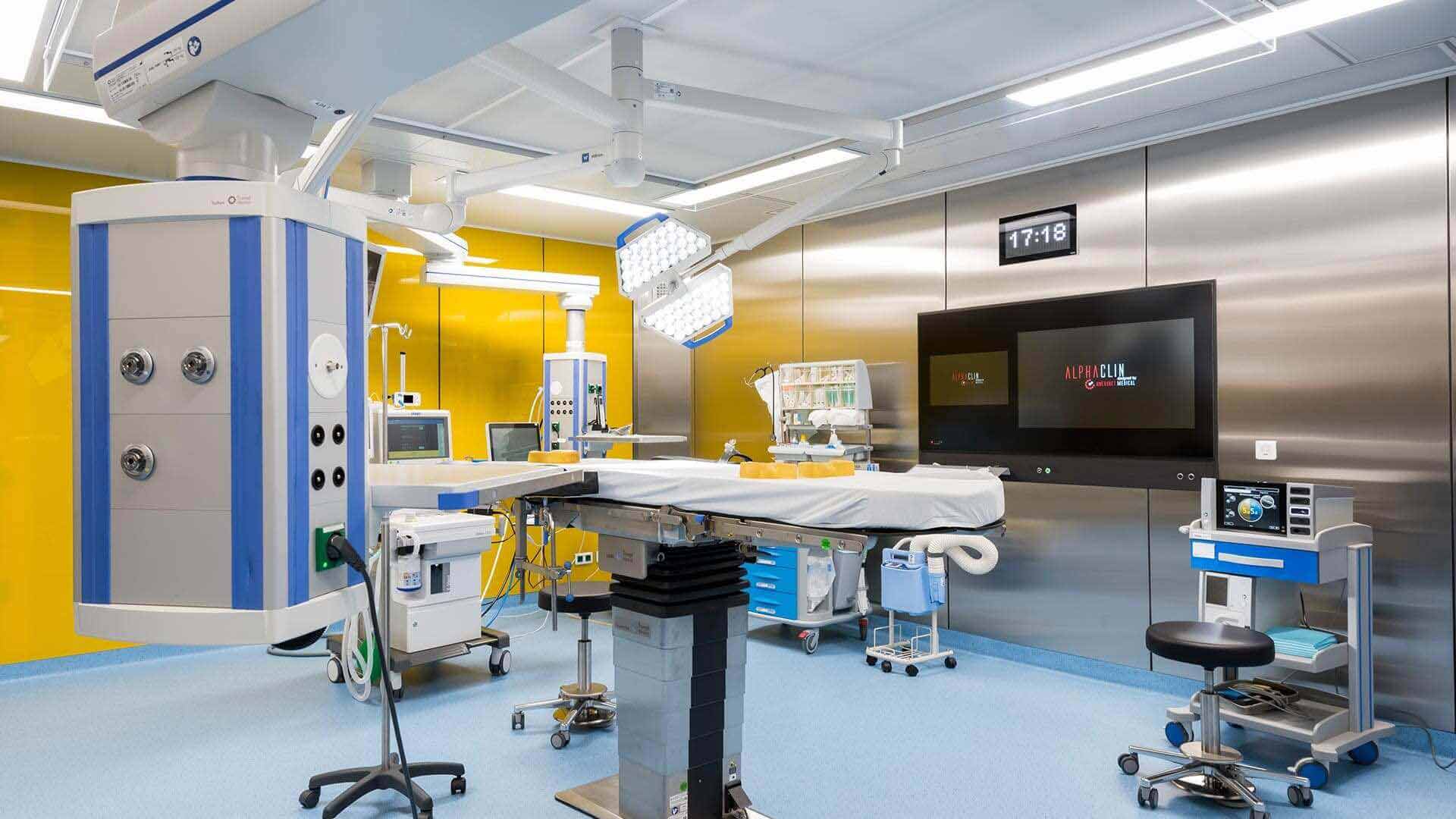Paediatric Surgery is the surgical specialty dedicated to the diagnosis, surgical treatment, and postoperative care of children with congenital or acquired diseases, whether developmental, inflammatory, neoplastic, or traumatic in nature.
This specialty focuses on surgical problems developed in utero, during childhood, and during adolescence. The monitoring of the child may extend into young adulthood, as diagnostic processes require prolonged involvement of the paediatric surgeon as the patient transitions to adult surgeons and physicians.
To exercise this specialty, physicians need specialised training and evaluation in order to obtain the title of specialist in Paediatric Surgery, granted by the Order of Physicians. Their training process includes an in-depth knowledge of the child's growth and development, as well as the specificities of their physiology and behaviour, never neglecting the family environment.
The scope of Paediatric Surgery includes prenatal guidance (for anomalies diagnosed in utero), cervical, thoracic, and abdominal pathologies - while orthopaedic, neurosurgical or cardiac pathologies are no longer included. Pathologies of the digestive and urinary systems constitute the main field of practice of this specialty. Examples of this are hernias and hydroceles, constipation, abdominal pain in all its forms, pathology of the colon and rectum and other more specific ones. The urological and urogenital components constitute about half of the current pathology and among them are phimosis and other pathologies such as hypospadias, undescended testes, and all renal and bladder pathologies, which often affect children. Other more complex malformations can be resolved in a timely manner, usually after multidisciplinary approaches, in which the surgeon always intervenes.





